Is Vegan Food Healthy For You
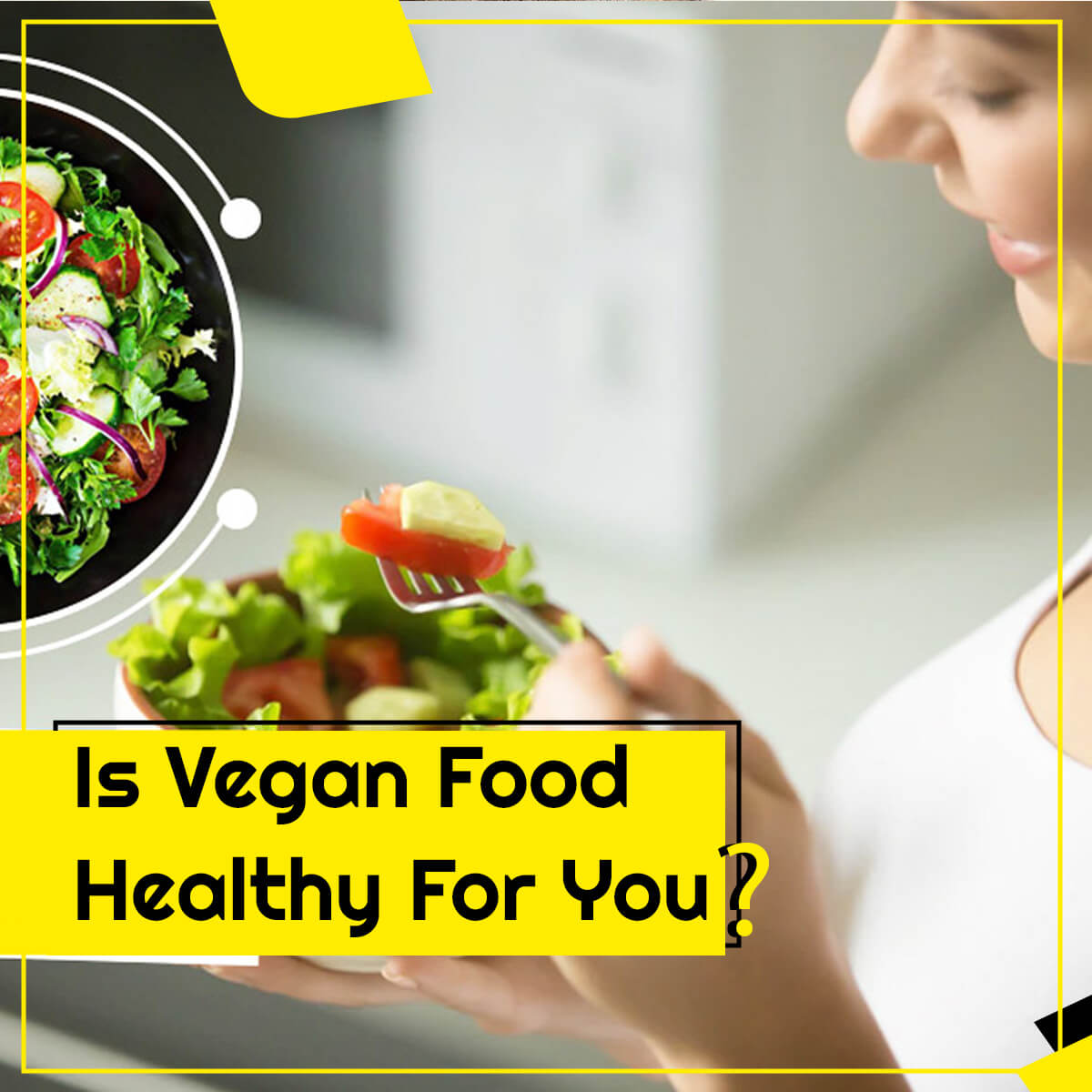
The benefits of a vegan diet are seemingly endless: It’s associated with increased longevity and lowered risk for a multitude of chronic diseases. Some research even suggests that following a plant-based diet may help protect you from the onset of Alzheimer’s.
These findings are an excellent reason to consider switching to a vegan diet, if you haven’t already done so. A plant-based eating plan has been shown to reduce risk of heart disease, type 2 diabetes, and certain types of cancer—and while there are many possible explanations for why this is the case (namely, the high concentration of anti-inflammatory properties in plant foods), switching to a primarily plant-based diet can have immediate and long-term health benefits.
Vegan food is becoming more and more popular every day, for good reason. In fact, many people are going vegan for the month of October in order to support this growing trend. If you’ve never tried a vegan diet before or it just seems like another fad diet at this point, you may be wondering why this way of eating is so popular right now. It seems like almost everyone you know is eating more plant-based foods these days. Why? It turns out that there are a multitude of benefits to cutting animal products from your diet! One study found that those who followed a vegan diet had lower blood pressure and were less prone to chronic disease than those who continued to eat meat and dairy products.
Read on to learn why vegan food is the healthiest choice you can make!
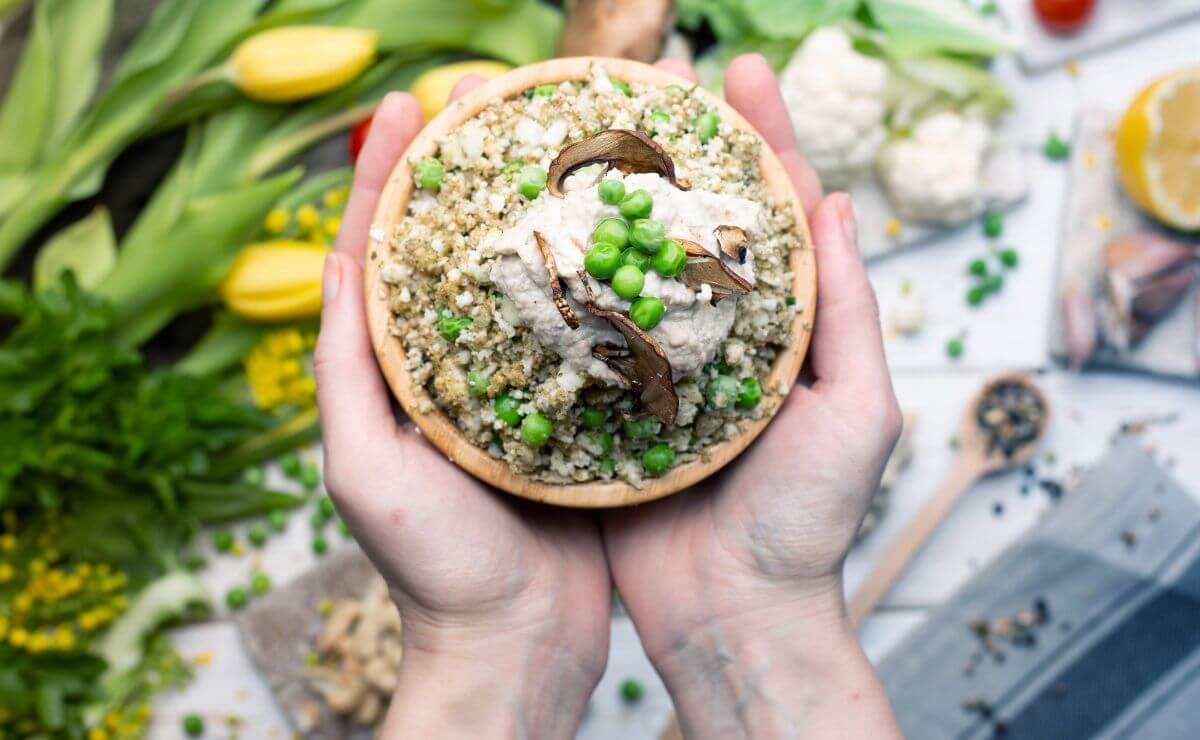
In this article you will read:
Protein in a vegan diet: The benefits explained
Vegan diets often lower cholesterol and blood pressure. With the increased consumption of fibre and other micronutrients, protein consumption is often higher in vegans than non-vegans.. One study showed that vegans had higher levels of antibodies that protect against heart disease and diabetes than non-vegans. This could be because of the increased consumption of antioxidants present in many plant-based proteins.
antioxidants in a vegan diet
Vegetables and fruits are rich in antioxidants, which are molecules that fight against oxidative stress. Antioxidants are essential to maintain good health and preventing diseases caused by oxidative stress. Some research shows that vitamin C and E levels are higher in vegans, which is why vegans have healthier skin, hair, and eyes. But, other research has shown that vegans have the same levels of antioxidants as non-vegans .This could be due to the variety of vegetables and fruits that vegans eat, which could be a primary source of antioxidants. It is important to remember that, while vegetables and fruits are rich in antioxidants, they may not be your primary source of antioxidants. You may need more antioxidants in your diet from other sources such as whole-grain bread and pasta, nuts and seeds.
One study found that those who followed a vegan diet had lower blood pressure and were less prone to chronic disease than those who continued to eat meat and dairy products.
Folate in a vegan diet
Vegetables, legumes, and fruits are rich in folate, which is important for health and development in infants, children, and pregnant women – and for vegans, it’s especially key. Folate is decreased in the diets of many people in developed countries because of the overconsumption of processed and refined foods. This can lead to a condition called “folic acid deficiency,” which is associated with an increased risk for birth defects. Vegetarians and vegans, however, are at low risk for this because of their intake of folate-rich foods.
Omega-3 fatty acids in a vegan diet
Vegan diets may provide benefits related to heart health and cancer prevention. Research shows that vegans have higher levels of omega-3 fatty acids, which protect against coronary artery disease, heart arrhythmias, and inflammation. Some studies have also found that vegans have lower levels of alpha-linolenic acid (ALA), an omega-3 fatty acid that is converted into the dreaded eicosanoids that promote inflammation. Vegans may be able to obtain adequate amounts of omega-3 fatty acids from plant-based proteins and by consuming adequate vegetable and fruit servings.
Learn more about vegan Omega 3 sources : Foods High in Omega 3 for Vegetarians and Vegans
B vitamins in a vegan diet
Vitamin B12 is an especially important nutrient to vegans. B12 is necessary for normal cell growth and development, protein metabolism, and DNA synthesis. B12 deficiency is associated with anaemia, memory loss, and neurological problems.
Vitamin B12 supplements are a great way to supply vitamin B12 needed by the body, and it is necessary to know that it is not only vegetarians who should take supplements, but all people should take B12 supplements seriously.
Read on to learn more about plant-based sources of B vitamins : Vitamin B rich foods for vegetarians
Vegan Diet is Higher in fibre, and lower in saturated fat and protein than a non-vegan diet.
A vegan diet can be high in fibre, fibre is essential for a healthy digestive system and for reducing the risk of heart disease. Saturated fat is found in meat, dairy products and processed foods that are high in saturated fat and are linked to increased LDL cholesterol levels, which may increase the risk of heart disease. Protein is an important nutrient for growth and development and it can also be found in vegetables, fruits, beans and legumes. But, the best part about a vegan diet is the health benefits are not limited to just those who follow a vegan diet. Vegan diets are healthy for everyone, no matter what their religion or ethnicity is.
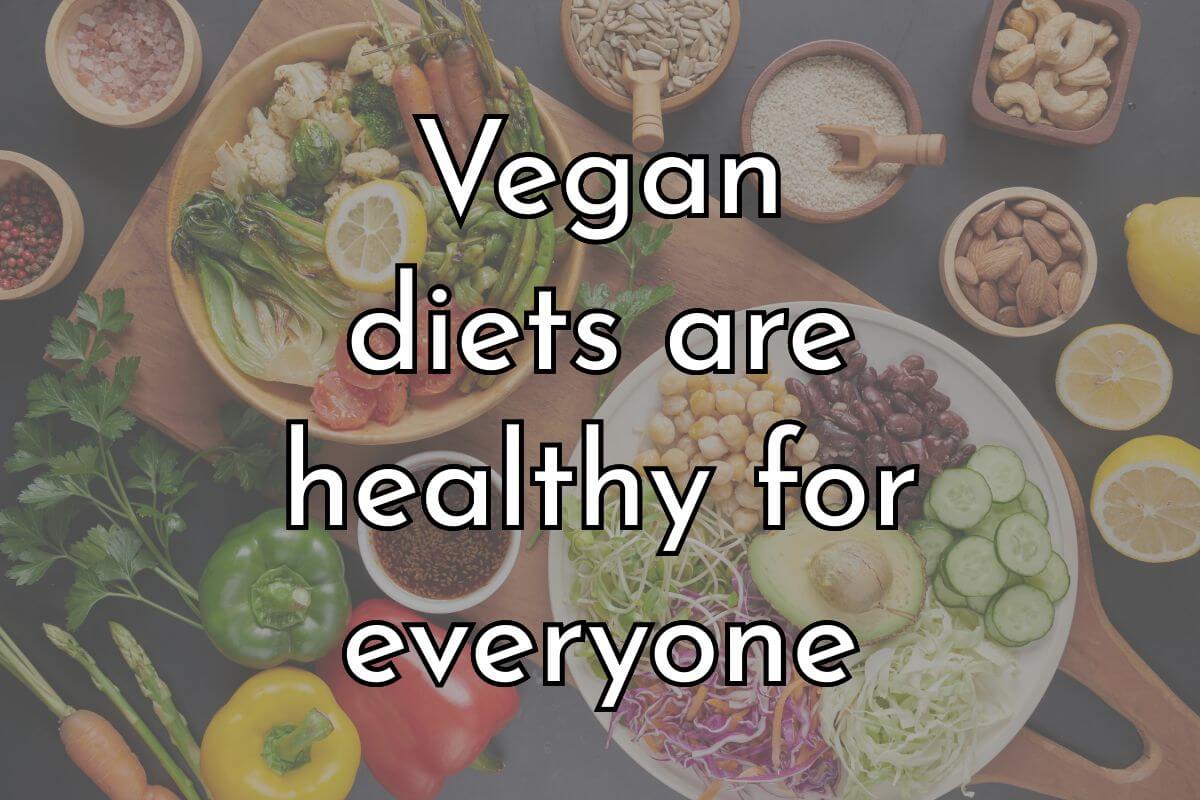
Vegan Diet is Lower in Cholesterol.
The vegan diet is also lower in cholesterol. This is because meat and dairy are high in unhealthy fats, which can contribute to elevated levels of LDL (bad) cholesterol in the blood. When compared to a standard American diet (SAD), a vegan diet is associated with a 37% decrease in LDL cholesterol, 35% decrease in triglycerides, and 30% reduction in blood pressure.
One of the ways that plant-based diets can be beneficial for heart health is by reducing unhealthy LDL cholesterol levels. In fact, a 2016 study found that vegans had significantly lower LDL cholesterol and triglyceride levels than meat-eaters. Participants who followed a plant-based diet had an average of 3.8mmol/L lower LDL cholesterol than those who didn’t follow one. By eating foods rich in antioxidants, such as fruits and vegetables, vegans may have a reduced risk of heart disease by keeping their LDL levels low.
Can a Vegan Diet Provide Enough Nutrients? A Comprehensive Guide to Plant-Based Nutrition
Being vegan is a great way to eat healthier, but it is important to know how to get all your nutrients as a vegan. After all, it’s not just about cutting out animal products; it’s also about ensuring that you’re getting enough of the right nutrients. Fortunately, it is totally possible to get all the nutrients you need on a vegan diet.
The key to getting adequate nutrition as a vegan is to make sure that you’re eating a wide variety of plant-based foods. This will ensure that you’re getting all the vitamins, minerals, and other nutrients that your body needs. Whole grains, legumes, nuts, fruits, and vegetables are all excellent sources of vegan-friendly nutrition. Make sure to include plenty of these in your diet.
Another way to get enough nutrients as a vegan is to take a supplement. Vitamin B12 is especially important for vegans, since it is only found in animal products.
Taking a B12 supplement can help you make sure that you’re getting enough of this important nutrient. Additionally, there are lots of vegan-friendly multivitamins available, which can be a great way to make sure that you’re getting all the nutrients your body needs.
When it comes to how to get all your nutrients as a vegan, there’s no need to worry. Eating a variety of plant-based foods and supplementing with vitamins and minerals can help ensure that you’re getting all the nutrition you need. With some careful planning and a little bit of effort, you can stay healthy and nutritious as a vegan.

Conclusion
Vegan food is becoming more and more popular every day, for good reason. In fact, vegan diets are usually high in fibre and low in saturated fat, cholesterol, and sodium. They are also rich in antioxidants, vitamins, minerals, and protein. Research has shown that following a vegan diet can help promote good health, prevent and treat certain health issues, and even extend lifespan. While there are benefits to a vegan diet, be sure to eat a healthy diet that includes a variety of fruits, vegetables, whole grains, legumes, nuts and seeds, and lean proteins from sources such as legumes, nuts.
Many people go vegan in October to support animals and the vegan lifestyle. If you’ve never tried a vegan diet, start with a 30-day vegan diet
You may be surprised that after 30 days of a vegan diet, your body is healthier, fresher and more energetic.
If you have ever tried a short-term vegan diet, give me feedback in the comments and tell me what changes were made in your body’s health?


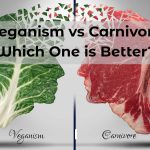
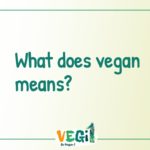
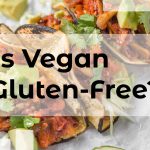
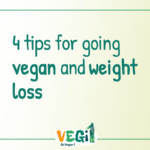
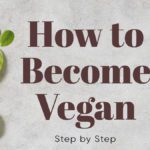

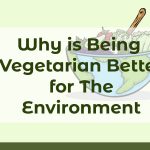


You are leading the way in the movement for a more compassionate and sustainable world.